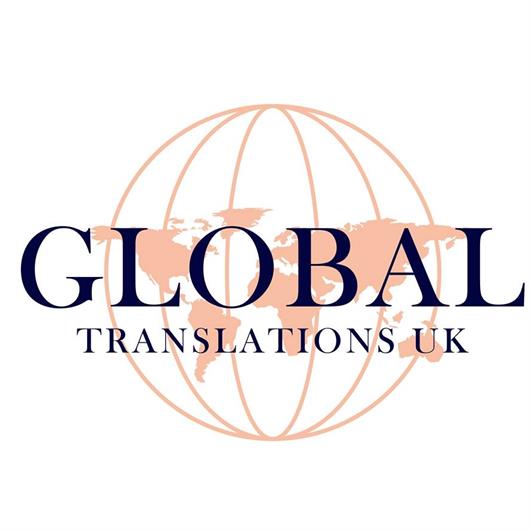 Add My Company
Add My Company
Sign In
The Easiest Languages To Learn & Translate
26-04-2022

When it comes to learning languages, they’re not all created equal and some are certainly harder to learn than others. Where you’re originally from and what your native tongue is can also make a difference when it comes to how quickly you pick each language up.
Native English speakers, for example, are relatively lucky, as English has its roots in ancient Germanic, French and Latin, which means that there are lots of different options for learning a second, third or even fourth language.
German is often easy for English speakers to pick up because the two are so similar – and learners are sure to recognise a lot of words instantly, even if they struggle with the grammar rules at first.
Latin-based languages are also relatively easy to learn and translate, everything from French and Spanish to Romanian… and, again, you’re going to find that a lot of the words are nearly identical to their English counterparts, making the learning process even easier – and a lot more fun.
As well as all the familiar words, what makes these languages easy to learn as an English speaker is that the alphabets are the same… and this makes them far more simple to translate.
Learning and translating languages starts to become a little trickier when you ditch the Roman alphabet in favour of an Asiatic language, such as Japanese, Mandarin or Thai.
From a Western perspective, these represent a big challenge because there are scarcely any similarities between the languages whatsoever, so it can be incredibly confusing for beginners.
Interestingly, Mandarin is growing in popularity as a second language and is being increasingly offered in schools around the UK, with over 3,500 GCSE entries taken in this subject back in 2018.
Seemingly, it’s not just exciting for students to learn an alternative to a European language, but also helps them gain insights into different cultures and find new ways of thinking.
But, as a beginner, Mandarin presents all sorts of challenges that something like French won’t, because it doesn’t have an alphabet as such but, instead, thousands of different characters that learners will need to remember, as well as unfamiliar sounds and pronunciations that beginners may struggle with at first.
Where translation is concerned, it becomes even trickier because of the cultural differences that exist between East and West. This also needs to be taken into account when translating from Mandarin to English and, all too often, you see strange interpretations of phrases and sentences that just don’t quite represent the meaning of the original work.
There are some very different grammar rules that exist between the two, as well, which can make translating tricky. Lesser known dialects can also throw translators off if they’re not careful, while the characters themselves often have different meanings depending on the characters next to them in the sentence… so there are lots of pitfalls to be on high alert for!
If you’re currently in need of help with technical translations, get in touch with the team here at Global Translations UK today.
For more information on The Easiest Languages To Learn & Translate talk to Global Translations UK
Enquire Now
List your company on FindTheNeedle.
